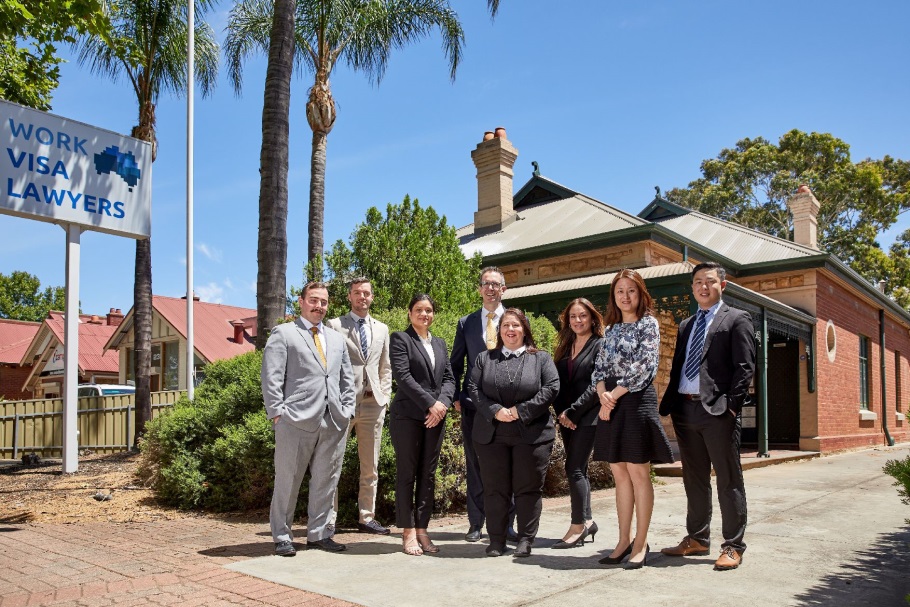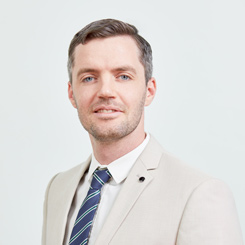The general key criteria that an EOI must satisfy are well known:
- An applicant must be internationally recognised with evidence of outstanding achievements;
- They must be currently prominent in their field of expertise;
- They must provide evidence that they would be an asset to Australia in their area of expertise;
- They must show that they would have no difficulty obtaining employment in Australia or becoming established in their field;
- They must have a recognised organisation or individual with a national reputation in the same field in Australia nominate them as global talent; and,
- They must earn a salary over the Fair Work High Income Threshold (currently AUD158,600).
However, there’s no ‘one-size-fits-all’ approach to satisfying those criteria. So, I’ll use the space below to paint a bit of a picture of what, in our experience, a successful applicant typically looks like.
If you think you are eligible to apply for a Global Talent Visa, take 5 minutes to complete our free online Global Talent assessment form.
Our lawyers and registered migration agents will assess your eligibility and get back to you.
Innovation, innovation, innovation
The cornerstone of the Global Talent Visa program is developing Australia’s capabilities and commercialising new innovative technology. This is why the target sectors are so tech-focused. As such, it is generally not enough for an applicant to be, for example, a high-level petroleum engineer who earns a very high salary supervising a mine site by analysing data and liaising with an ‘on-the-ground’ crew. In this scenario, while the engineer may be highly educated and experienced in a relevant target sector (Resources), they do not have an innovative aspect to their career that they can point to in their expression of interest. However, that same engineer would be a strong applicant if, for example, they had developed the analytical software that the mining company uses to streamline its maintenance schedule or output or minimise losses.
Similarly, a highly paid, renowned, and exceptional lawyer or accountant would not be likely to be eligible for the Global Talent program as they do not satisfy the ‘innovative’ requirement that the program is built on, even though they may satisfy many other criteria.
Qualifications and prominence
While not essential, successful applicants will typically be educated to a Masters degree level or above. Any level of education lower than this will need to be made up for by, for example, an exceptional professional history of innovation and aptitude.
Prominence is quite a vague term and it can be a bit of a balancing act when it comes to demonstrating it. Typically, a successful applicant will have several articles published in, or will have been profiled or interviewed by, industry publications. Successful applicants also are generally members of a number of relevant industry bodies and associations. Additionally, successful applicants will have at least a few (normally 3-5) references from relevant peers or superiors within their industry which support the applicant’s claims to prominence as well as confirming the applicant’s professional excellence.
Asset to Australia – commercial potential/employability
As mentioned above, the ultimate purpose of the Global Talent program is to develop Australia’s capabilities, and to contribute significantly to Australia’s economy. As such, applicants must demonstrate that they will be able to do these things quickly upon arrival. We love seeing applicants who already have a job offer in Australia but, where this is not available, they must be able to demonstrate their employability or other commercial potential. Typically, successful applicants will be able to demonstrate clearly where and how they would be able to find employment, and at what salary. This can be done through reference to relevant job adverts, letters from recruiters, or other references.
As I mentioned above, patents and other IP rights are also a great way to demonstrate an applicant’s commercial potential. Likewise, if the applicant will be moving their own business to Australia this can effectively demonstrate that they will be a commercial asset to Australia.
Salary – the bigger the better
To have any chance of success, an applicant’s salary needs to be above the Fair Work High Income Threshold (currently AUD158,500 per annum). To have a strong chance of success, an applicant’s salary would ideally be significantly above the FWHIT, preferably above AUD200,000. The stronger the salary the stronger the EOI and, in our experience, the quicker the turnaround.
Nomination
Successful applicants have successful nominators. Typically, successful applicants have nominators who are successful and prominent in their own right, and can demonstrate their success and prominence. Generally, successful applicants have some professional history with their nominators and the nominator’s nomination is based on that history. A nominator should not be chosen simply because they are an Australian in the relevant industry but otherwise have no professional association with the applicant.
Sell yourself – focus on your strengths
Your EOI is not an aportunity for you to demonstrate your modesty. You have to sell yourself on your strengths. Successful applicant’s typically have strong attributes to highlight and do not include irrelevant or outdated information. For example, unless they happened to receive the highest marks in the country, a successful applicant would not typically submit their graduation results from high school. Likewise, a successful applicant would not submit a reference from the fast-food restaurant they worked at while they were studying, even though they happened to win employee of the month once.
Overall, a successful applicant typically is well educated, highly paid, well-known in their industry, has a history of innovation, and has an equally successful nominator.
Click here to learn more about the Global Talent Visa
Application Process for Global Talent Visa 858
To apply under the Global Talent Program, Applicants must go through 2 stages:
- Expression of Interst (EOI Skill Select)
- Visa application
An expression of interest must be submitted online via the Department of Home Affairs website.
Now, let's look at some of the key things about the process with Chris Johnston, Work Visa Lawyers's founder to know more about what you are required to provide during the application.
Author:
Lochlan Reef MacNicol, Lawyer & Registered Migration Agent at Work Visa Lawyers
Do you need help?

Our team of experienced Immigration Lawyers and Migration Agents look forward to assisting you with your Australian visa or appeal.
Based in Adelaide South Australia, we provide Australian Immigration advice to people and businesses from all over the world.
If you require further information regarding your Australia visa options you can contact us through:
(08) 8351 9956 or +61 8 8351 9956 or This email address is being protected from spambots. You need JavaScript enabled to view it.
You can also subscribe our Facebook: WORK VISA lawyers
Disclaimer
This information is correct at the time of publication but is subject to change without notice. All information provided on this page is provided for purely educational purposes and does not constitute legal advice. For advice on your situation, please speak with an Immigration Lawyer or a Registered Migration Agent.







